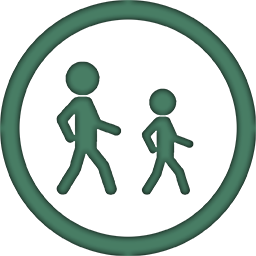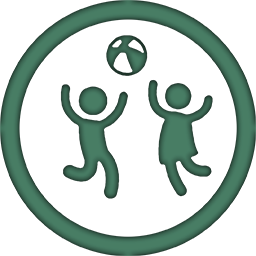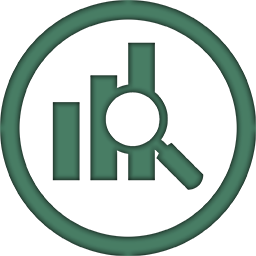
About Us
We are a small, holistic, Christian, Montessori-inspired, democratic learning community that offers preparation for both, internationally and locally recognised, American and British school leaving options. We are a civil education institution, often commonly referred to as a micro- or cottage school, in the process of registering as an independent school.
Our Philosophy
Our small Learning Community draws strongly from the Finnish educational model as well as from Montessori and Democratic Schools such as Summerhill in the UK with regards to the self-governance of the community, autonomous decision-making, the vertical age groupings of the children, the thematic approach to subjects, the no-homework policy in the primary years, self-evaluation and limited summative assessments.
Little learning is retained when it is learned on command
~ Jean Piaget
Our Curriculum
Our curriculum is aligned with the minimum standards of the Department of Education's Curriculum and Assessment Policy Statement. Our pre-schoolers (Acorns) follow a Montessori-inspired approach while the primary schoolers (Seedlings and Saplings) use Cambridge English, Singapore Maths and Living Books (a Charlotte Mason approach) to theme work. Our high schoolers (Young Oaks) mainly use Cambridge Pre-IGCSE material, while our older Oaks either use online GED preparation material or texts endorsed by Cambridge Assessment International Education. We work closely with registered exam centres, in a nearby city, where our high school learners write GED or CAIE examinations as independent candidates.
Please visit the individual age groups below for more information.
Knowledge which is acquired under compulsion obtains no hold on the mind.
~ Plato
Our Educators
Adele Breedt
Founder & Executive Director

Julie Driver
Senior & FET Phases

Trudy van Zyl
Intermediate Phase
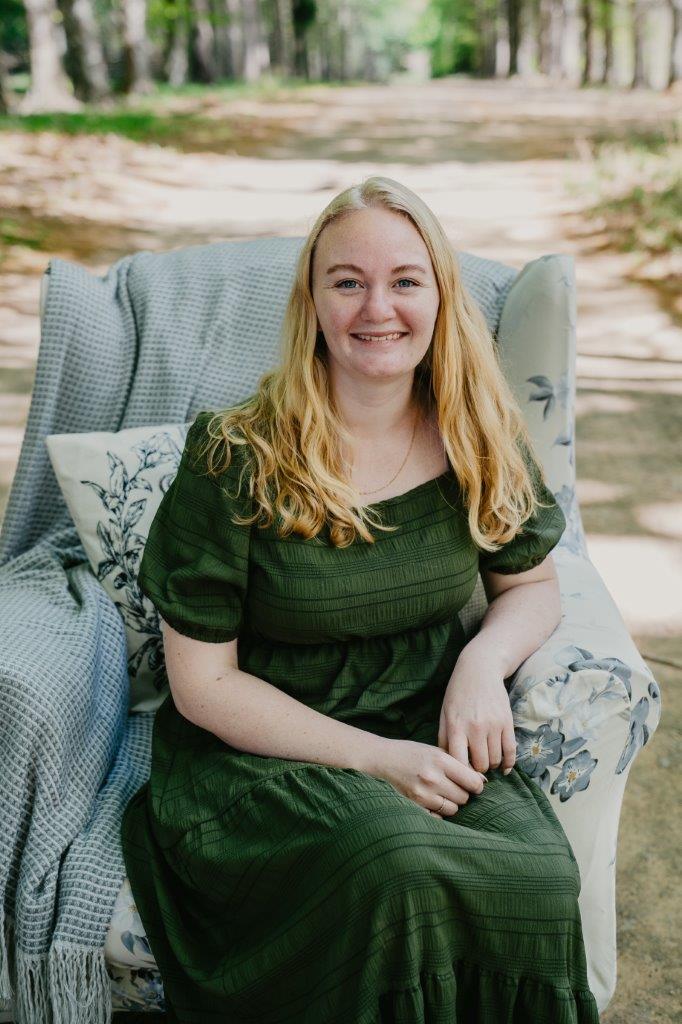
Sharon Parker
Foundation Phase

Onako Ntsangani
Teaching Assistant
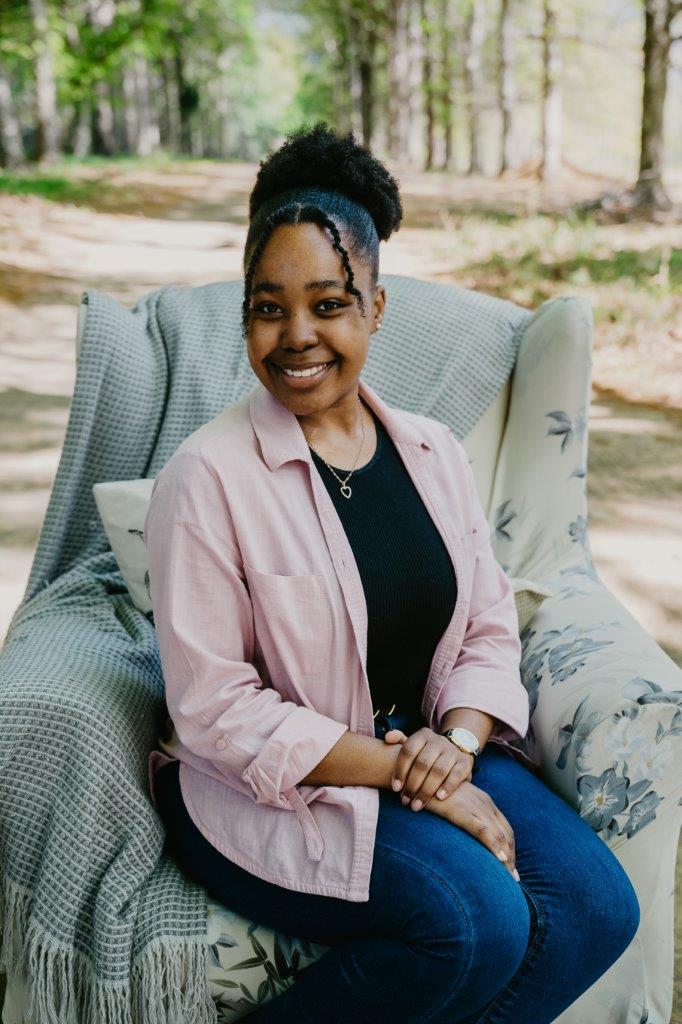
Sam Buchler
Art & History

Greig Bartlett
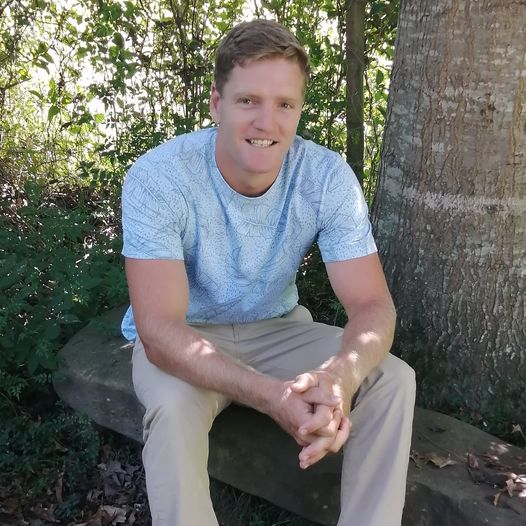
The only source of knowledge is experience.
~ Albert Einstein
Our values
- We believe that children should be respected and their voices heard.
- We believe that children need to have a carefree childhood filled with wonder and innocence, and that clear boundaries, daily rhythms and simplicity help achieve this.
- We believe that all children are born curious, eager to learn and with a desire to be independent.
- We believe that there are many ways in which to be intelligent.
- We believe that children all have their own unique developmental timetables.
- We believe that children should be followed and that learning should be facilitated, not directed.
- We believe that children learn best using all their senses, especially their tactile sense.
- We believe that undirected free play is not frivolous, but that it is the work of the child.
- We believe that children need a safe place to practice taking risks and making mistakes.
- We believe that children learn to become responsible when they are given responsibility.
- We believe that children can only learn that all choices have consequences if they are given the freedom to choose.
- We believe children learn how to make good decisions if they are given the opportunity to make important decisions.
- We believe that teaching and testing can interfere with real learning.
- We believe that new concepts should only be introduced upon mastery of preceding concepts and principles.
- We believe that children need to be prepared for a world that does not yet exist, and not an exam.
- We believe in equipping children with real life skills.
- We believe that good character and the ability to collaborate is more important than good marks.
- We believe that learning how to find relevant, trustworthy information is more important than memorizing facts.
- We believe that learning needs to be relevant and interest-driven and that it should become a wondrous, life-long adventure.
- We believe that independence is an outcome of a successful education.
- We believe that all children have a purpose and destiny to fulfill and have all the resources and abilities to do so within them, waiting to be discovered and unlocked.
- We believe in a Christian worldview.
